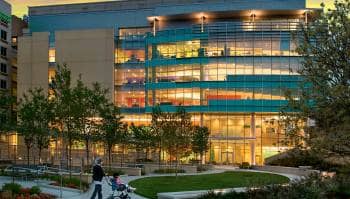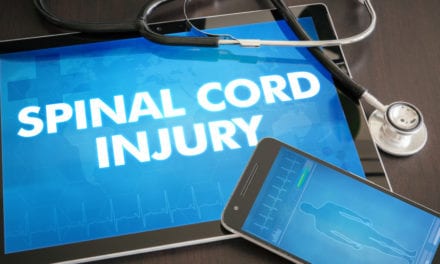In a recent study, researchers from The Ohio State University Wexner Medical Center explain how spinal cord injury can cause changes in the gut microbiota, otherwise known as the community of bacteria that live in the intestines.
In addition, according to the study, published recently in the Journal of Experimental Medicine, the scientists suggest that feeding spinal cord-injured mice probiotics may help confer neuroprotection and improve functional recovery.
“The trillions of microbes that exist in the gastrointestinal tract have emerged as pivotal regulators of human development and physiology. Spinal cord injuries cause dramatic shifts in the types of bacteria normally found in the gut, resulting in dysbiosis, which can cause or contribute to neurologic disease,” says the study’s principal investigator Philip Popovich, professor of neuroscience and director of The Center for Brain and Spinal Cord Repair at Ohio State’s Neurological Institute, in a media release from The Ohio State University Wexner Medical Center.
Popovich’s team has not determined whether dysbiosis affects recovery after spinal cord injury, however.
“Although paralysis and loss of neurologic function are well-known consequences of spinal cord injury, the current data reveal a previously unappreciated role for spinal cord injury in changing the gut microbiome with reciprocal effects on the magnitude of functional recovery and spinal cord neuropathology,” states first author Kristina A. Kigerl of Ohio State, in the release.
Popovich notes in the release that it is hoped that the data from this study could help shape future pre-clinical and clinical research programs focused on understanding the importance of the gut-immune-central nervous system axis in recovery from spinal cord injury.
[Source: The Ohio State University Wexner Medical Center]






Is it the injury or the way the patient receives the nutrition that affects the microbiota?